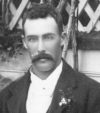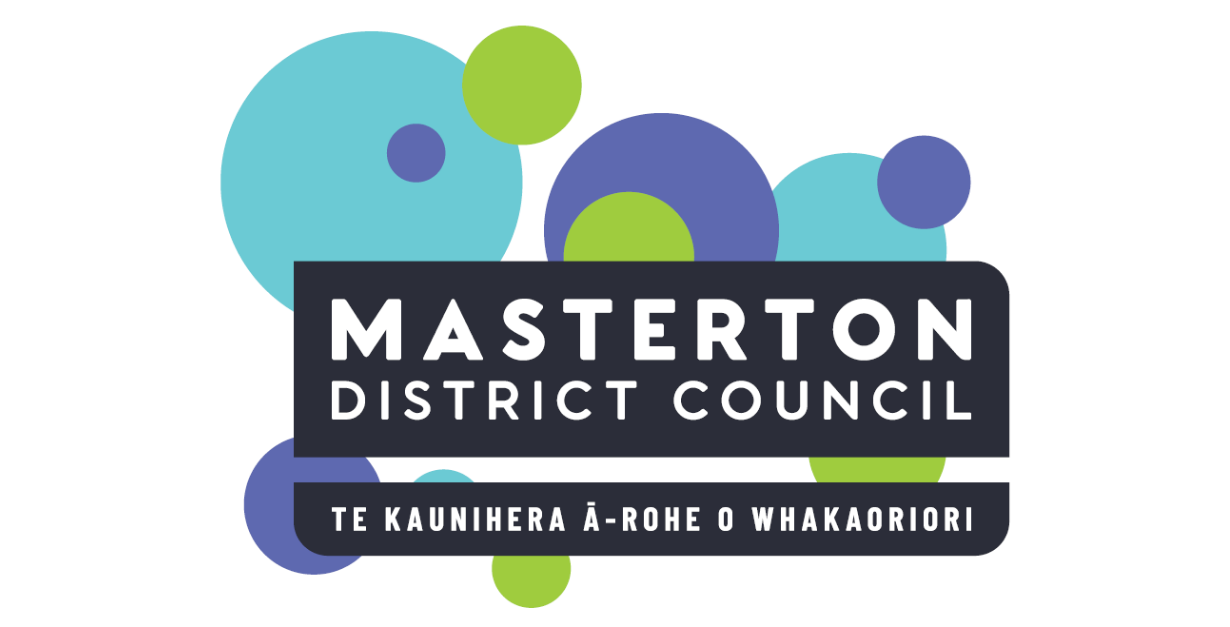Ella Smith was in Pahiatua when the end of the war was announced. She joined others at the commemorations but her celebrations were cut short when she became ill.

Featherston Military Camp
Ivan Gray was a young trainee truck driver when he was called upon to do an unpleasant job, taking coffins to the Featherston Military Camp.

Inhalation chamber during the 1918 influenza pandemic.
As the influenza spread the populace was encourages to use the inhalations chambers set up in most towns. Marjorie Tully did not recall the inhalation chamber fondly.

Doreen Jamieson’s father, who worked at Masterton Railway Station, took a special preventative measure to defeat influenza.
Doreen Jamieson’s father, who worked at Masterton Railway Station, took a special preventative measure to defeat influenza.
A group of Maori women in contemporary European clothes.
Naki Savage’s father died at Dannevirke, and then her grandmother became ill too at Te Ore Ore. Although she was only a child, Naki ended up acting as a nurse.

Vi Watson’s father
The influenza pandemic had many strange effects – it even induced Vi Watson’s father to take up smoking.
 Clementina McLeish’s brother died of influenza from celebrating in the rain in Gore… then her mother became ill too.
Clementina McLeish’s brother died of influenza from celebrating in the rain in Gore… then her mother became ill too.

Pahiatua
Elieen Cragg remembers what it was like in Masterton.
